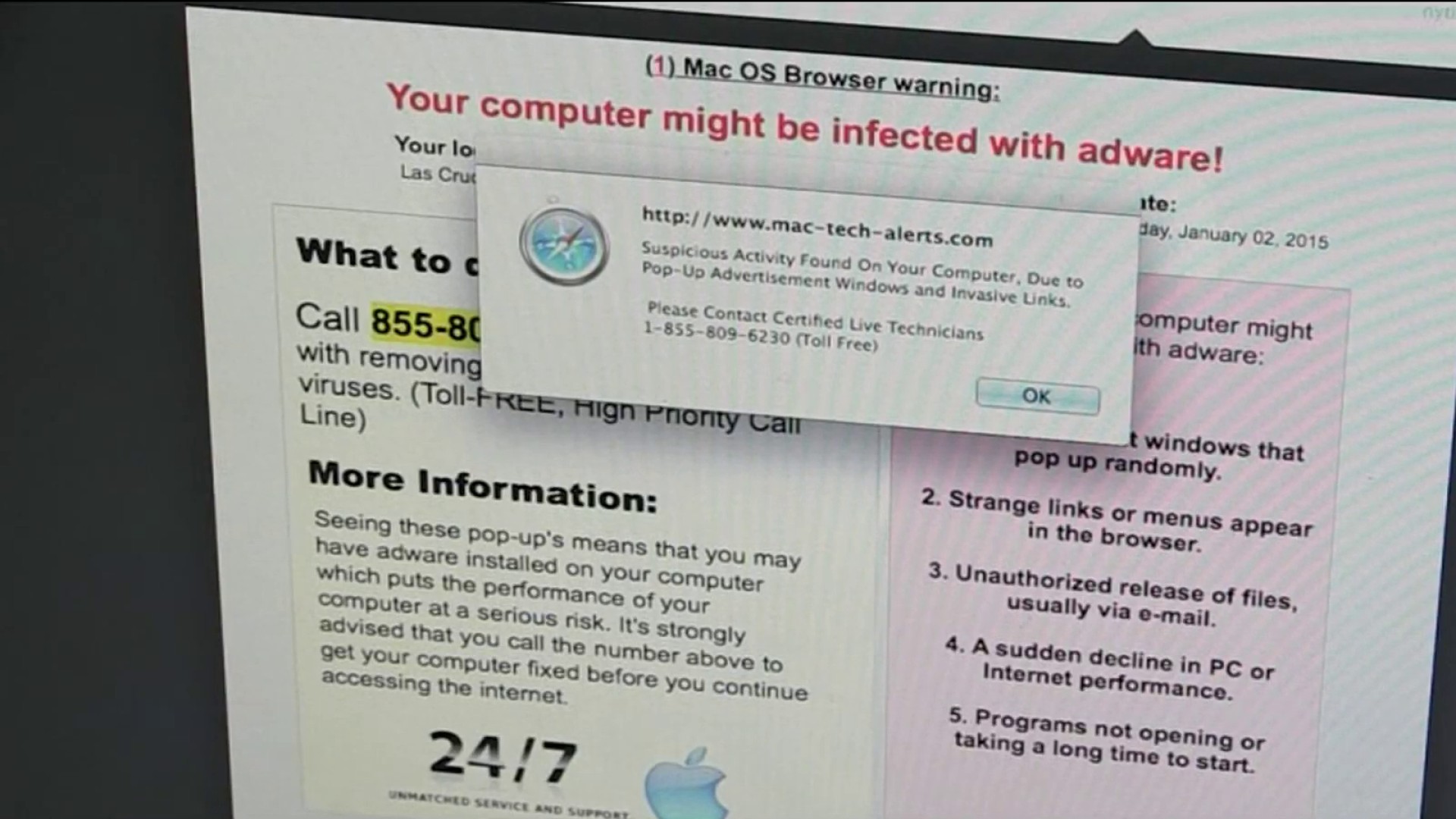Millions of pounds of food are thrown away every year, but these stores aim to reduce food waste and offer products at a more affordable price point. There are local options in Salem, Mattapan, Dorchester, Roxbury and Cambridge, and national options online.
The number of U.S. households facing hunger is rising. Last year alone, 17 million families struggled to meet their nutritional needs at some point in the year, according to a new report by the USDA.
This, while millions of pounds of food are thrown away every year. Some alternative grocery stores hope to curb those statistics.
Stream NBC10 Boston news for free, 24/7, wherever you are.
“We discovered in our research that many people don't want a handout.”
Doug Rauch is the president of The Daily Table – a nonprofit community grocery store chain that aims to bring nutritious foods to communities at prices they can afford.
Get updates on what's happening in Boston to your inbox with our News Headlines newsletter.
“We try to bring to the communities the foods that are having a hard time affording,” said Rauch.
Products are around 25-30% less expensive than grocery store prices. Shoppers can find staples like bananas for just 39 cents a pound — and locally sourced lettuce for just $1.99. The food is made up of donations, manufacturers' excess inventory, and products with older labeling or close expiration dates.
“We work with suppliers to make sure that they have some shorter code product that we can get that product and sell it to our customer, well within the code, perfectly good food, what might have otherwise gone to waste.”
They even have a kitchen commissary that cooks fresh and nutritious meals, soups and smoothies for anyone on the go.
“You can get a chicken dinner with chicken, brown rice and vegetables for $1.99,” said Rauch.
The nonprofit works with both local and national vendors to buy excess inventory – before it goes to a landfill.
“But can come to us and then we can take all the cost out of that and pass the savings along to our customers,” said Georgia Ferguson, Director of Procurement at The Daily Table. “They're really getting the best product at the most affordable price.”
They even offer what they call “hot deals” on items are available for a limited time.
And thanks to a program by the City of Boston and the USDA, residents on SNAP or EBT get an extra discount.
“We're one of the only grocers that right now at this time, you can come in and get any fresh fruit or vegetable or frozen fruit or vegetable for half price,” said Rauch.
The Daily Table has five locations – Salem, Mattapan, Cambridge, Dorchester and Roxbury. They even offer online pickup at three of those locations.
Other businesses are offering a similar concept – but with a click of a button.
“We take everything that is overstock and we offer it in our online store at 40 to 70% off. Consumers can get huge savings while sitting on food from going to landfill.”
Louies Fritjofsson is the CEO and co-founder of Martie – an online surplus grocery store that launched nationwide in October. Their warehouse in Texas has a revolving inventory of pantry items, pet food and household essentials – many well-known brands.
“One-time customers shopping with us saves on average $54 and users who stay with us and get their essentials on an ongoing basis save about $600 bucks a year,” said Fritjofsson.
The company works with over 2,500 vendors and other food producers to get their products in the hands of consumers before it goes to waste.
Some of the food may be close to a “best by” date, but Martie does not sell items past that date on the label.
“Food waste does not discriminate so at Martie, you will find everyday brands,” said Fritjofsson.
There is no membership fee or subscription fee to use the service and all orders over $50 ship for free.
“You will wait for boxes for a few days. But the savings is hard to beat.”
Martie plans to expand with warehouses on both the east and west coast next year to serve more communities and expedite shipping.
For more information on The Daily Table, click here.
For more on Martie, click here.



